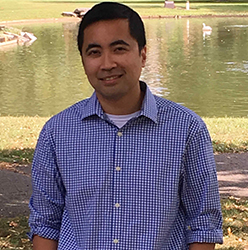
ABSTRACT
Person-to-person communication is ubiquitous in everyday life. People often retell information they learn from various sources (e.g., news) to their family, friends, and co-workers who, in turn, can pass this information to others. Yet, in the study of politics, we know little about how political messages from politicians and journalists change when transmitted from voter to voter. Across two studies on misinformation and framing, I show that person-to-person transmission can radically distort political information from its original version in predictable ways. These findings are important because studies that do not take person-to-person transmission into account may get an incomplete or misleading picture of the types of information voters are exposed to in their everyday lives. Finally, the studies will also highlight how combining methods from cognitive psychology (eye movements) and work on cultural evolution (serial reproduction paradigm) can provide a clearer view of the cognitive and social factors that explain how and why people transform political information as they convey this information to others.
BIO
Dr. Jason Coronel is an Assistant Professor of Communication at the Ohio State University. Before joining OSU, he was an NSF Postdoctoral Fellow at the Annenberg School for Communication and received his Ph.D. in political science from the University of Illinois, Urbana-Champaign. He is broadly interested in understanding how and why people make political decisions. He uses a combination of techniques including event-related potentials and eye movement monitoring to examine the psychological and social processes that influence political decision making. His research has appeared in Communication Research, Human Communication Research, the Journal of Communication, the American Journal of Political Science, and Social Cognitive and Affective Neuroscience.